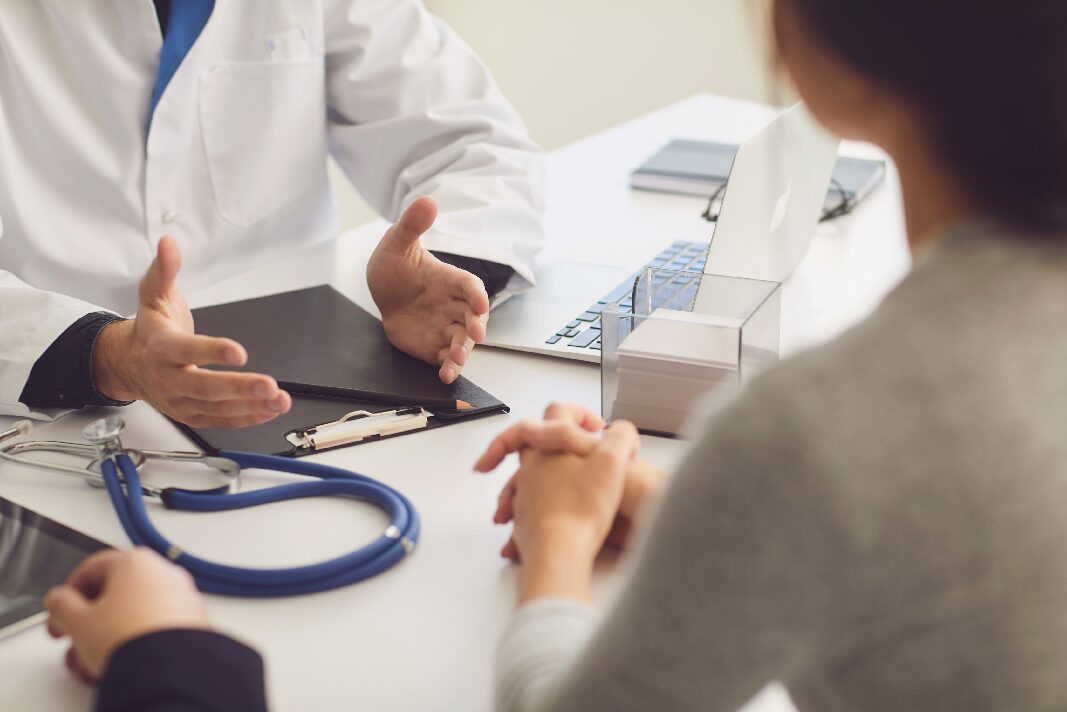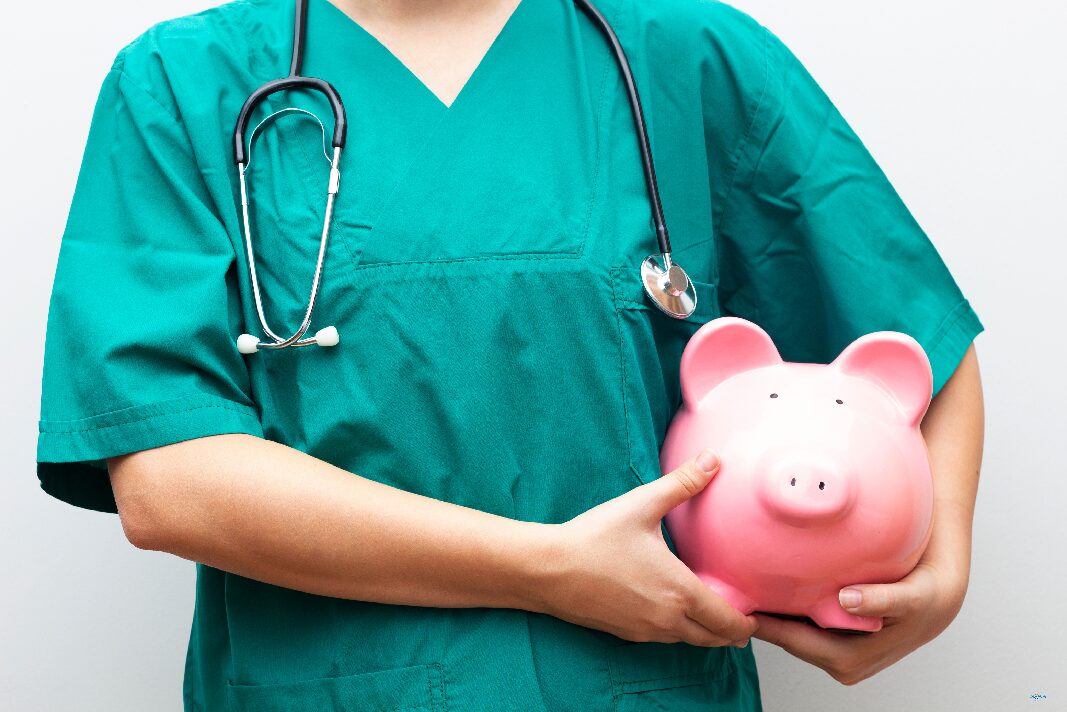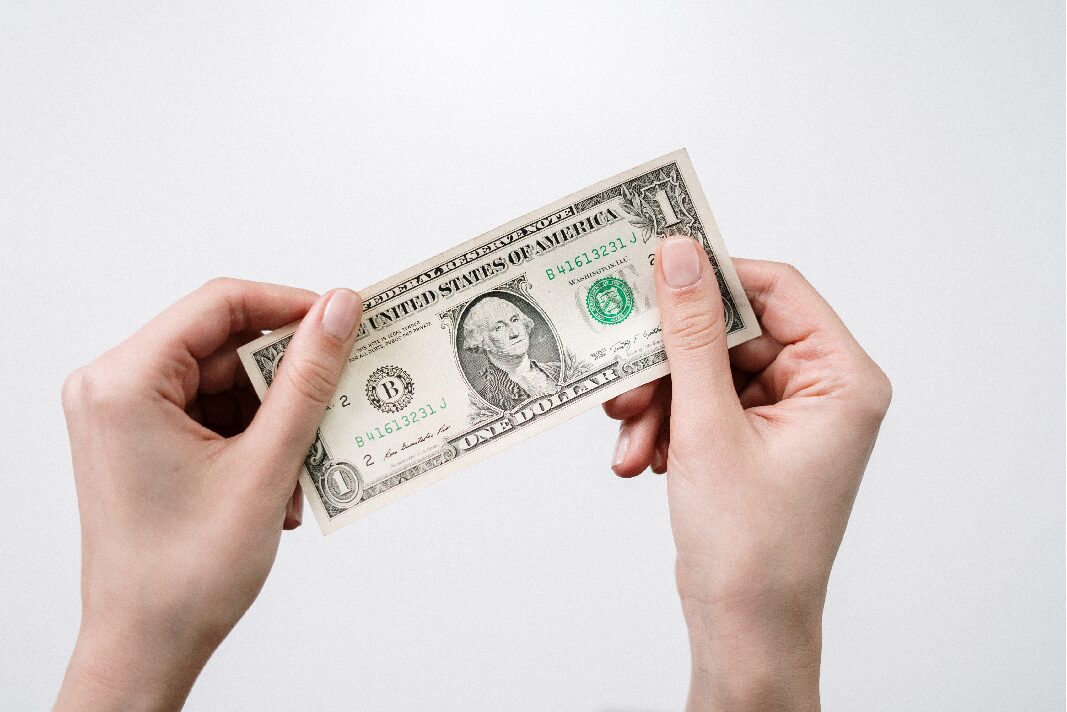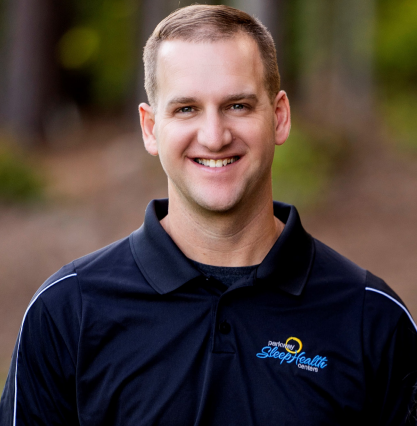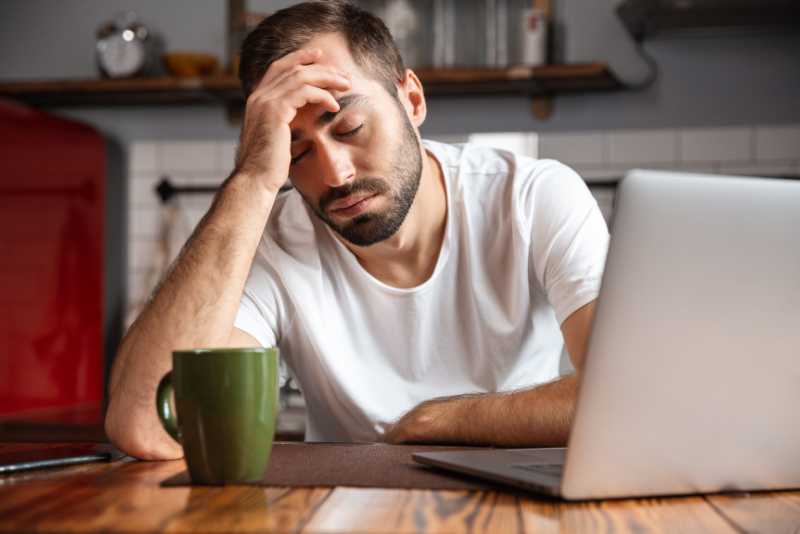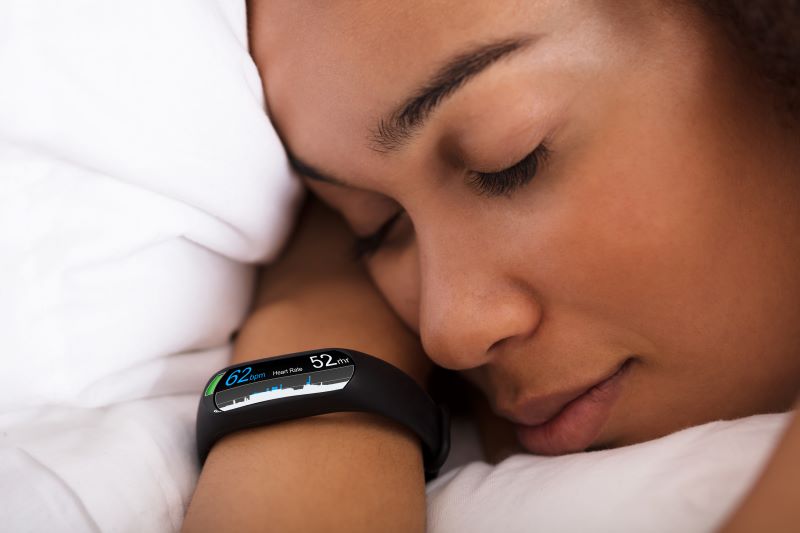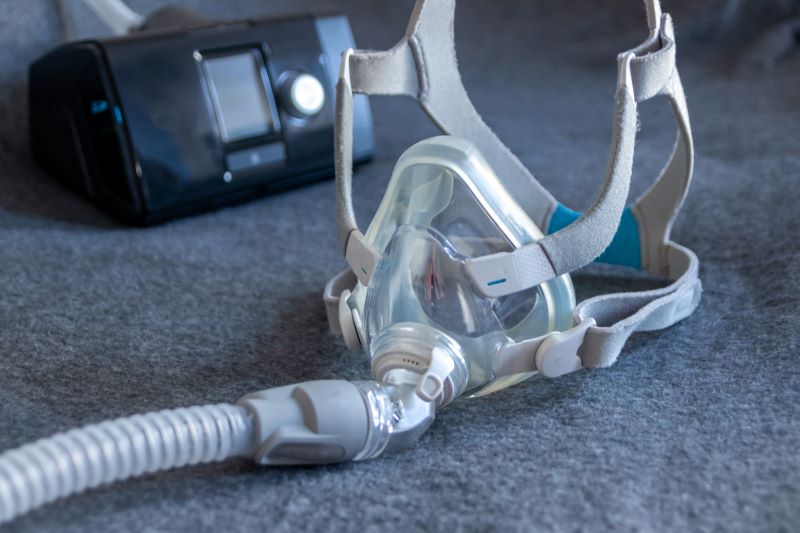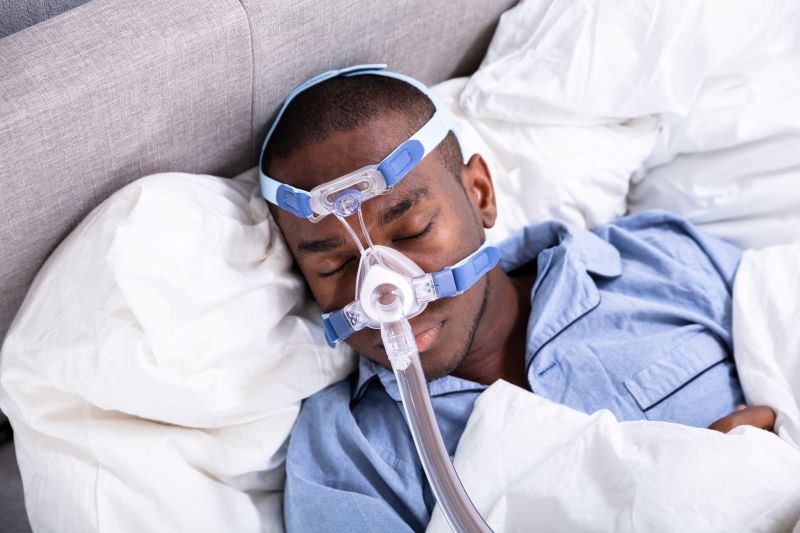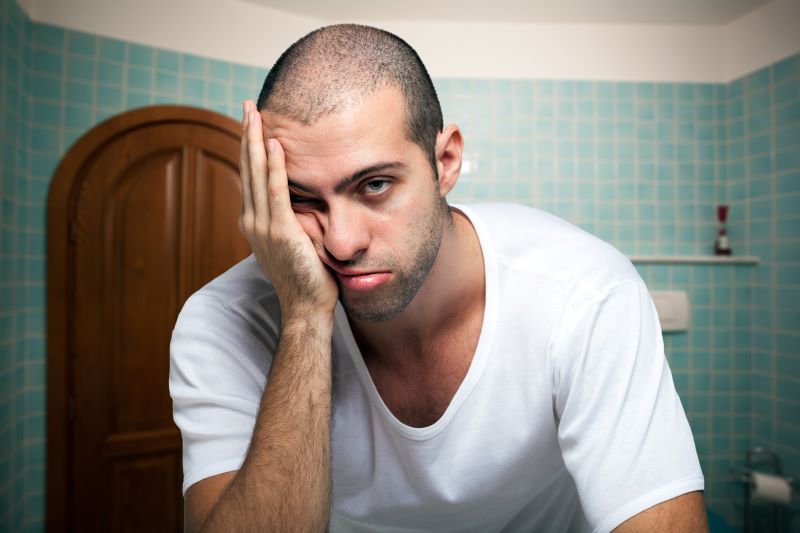The cost of a sleep consultation can vary depending on whether you’re using insurance or paying out of pocket through self pay. Here’s a closer look at both options:
1. Insurance Coverage for Sleep Consultations
The good news? Most insurance plans do cover sleep consultations, especially when you’re being seen by a specialist like those on our team at Parkway Sleep.
However, the amount you pay out of pocket depends on the details of your plan. You may be responsible for:
-
A specialist copay (typically $30–$100)
-
A deductible, if you haven’t met it yet
-
Co-insurance, where you pay a percentage of the visit cost
If you’re not sure what applies to your situation, we’ve got you covered. Parkway Sleep’s administrative team will verify your insurance benefits before your visit and let you know what to expect.
We take most major insurance plans and are happy to provide estimates based on your specific plan details.
Example:
If your insurance plan includes a $40 specialist copay, that may be all you owe for your visit. If you haven’t met your deductible yet, your consultation might cost more—possibly the full contracted rate set by your insurance provider.
2. Self-Pay Options
If you’re uninsured, out of network, or simply prefer not to use insurance, Parkway Sleep offers affordable self-pay pricing for sleep consultations.
Our self-pay rate for a sleep consultation is typically around $120. After that first visit, the cost of follow up appointments is reduced.
We believe that everyone deserves access to quality sleep care, which is why we’ve worked hard to keep our self-pay pricing transparent and accessible.
What’s Included in a Sleep Consultation?
Whether your visit is in-person or via telehealth, a Parkway Sleep consultation includes:
-
A full review of your medical and sleep history
-
Discussion of symptoms and lifestyle factors affecting your sleep
-
A screening for common sleep disorders, including sleep apnea and insomnia
-
A personalized discussion about next steps, which may include testing or treatment options
If testing is recommended—such as a home sleep test or in-lab study—we’ll walk you through your options, including the cost and insurance process for each. You’re never left wondering what comes next or how much it will cost.
Is a Sleep Consultation Worth It?
Absolutely. Sleep plays a critical role in everything from your energy levels and mood to your heart health and immune function. When your sleep is off, it can affect nearly every aspect of your life—including your work performance, relationships, and mental health.
A consultation is the first step in getting answers—and ultimately, feeling like yourself again.
Think of it this way: just like you wouldn’t ignore persistent pain or trouble breathing while awake, sleep symptoms deserve attention too.
What Happens After the Consultation?
Based on your symptoms and clinical evaluation, your provider might recommend:
✅ A Home Sleep Test (HST)
Ideal for patients with a high likelihood of obstructive sleep apnea. These are convenient, cost-effective, and can be done from home. Costs typically range from $0–$500, depending on insurance or self-pay. You can find more information about HST costs by clicking HERE.
✅ An In-Lab Sleep Study (Polysomnogram)
Recommended when symptoms are complex or when home testing isn’t appropriate. These are more comprehensive and are typically performed overnight in a sleep center. Costs vary widely depending on insurance and the facility you choose. You can find more information about in-lab sleep study costs by clicking HERE.
✅ Starting treatment
For some conditions like insomnia or restless leg syndrome, your provider may be able to start treatment right away without additional testing.
Parkway Sleep: Affordable Care, Exceptional Service
Parkway Sleep has proudly served patients across North Carolina for over 20 years, with a reputation for expert care, convenience, and compassion. We offer both in-office visits and virtual telehealth consultations, giving you access to top-tier sleep care from wherever you are within North Carolina.
Whether you’re just starting your journey or you’ve been struggling with sleep for a while, we’re here to help you take the next step—with transparent pricing, friendly staff, and board-certified sleep specialists who truly care.
Ready to Get Started?
Your sleep matters—and so does your peace of mind. If you’re ready to schedule a sleep consultation or want a personalized cost estimate, reach out to our team today.
📞 Call us at 919-462-8081
📍 Visit us in person or schedule a telehealth appointment from the comfort of home
💬 Contact us online or click HERE to book your consultation now
___________________________________________________________________________________________
Parkway SleepHealth Centers
Proudly serving North Carolina for over 20 years.
Better sleep starts here.
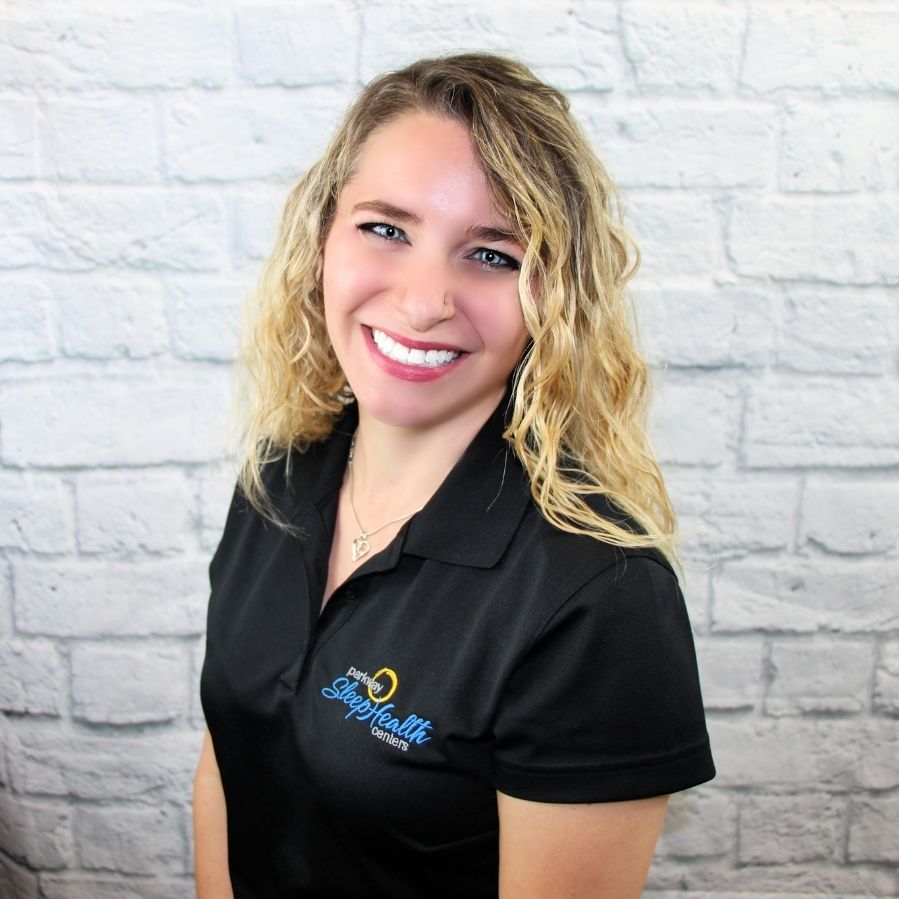
General Manager of Parkway SleepHealth Centers


